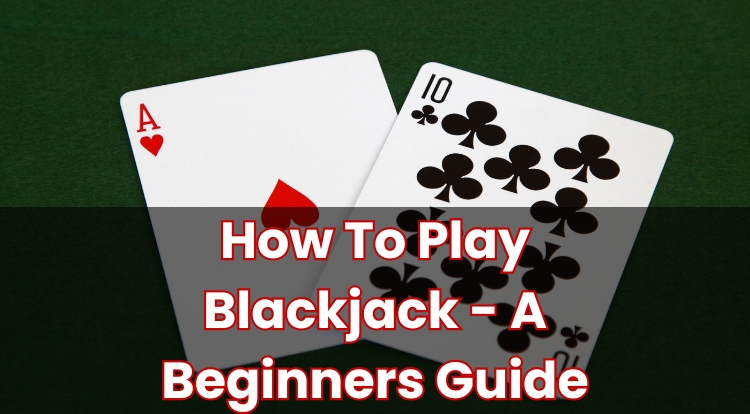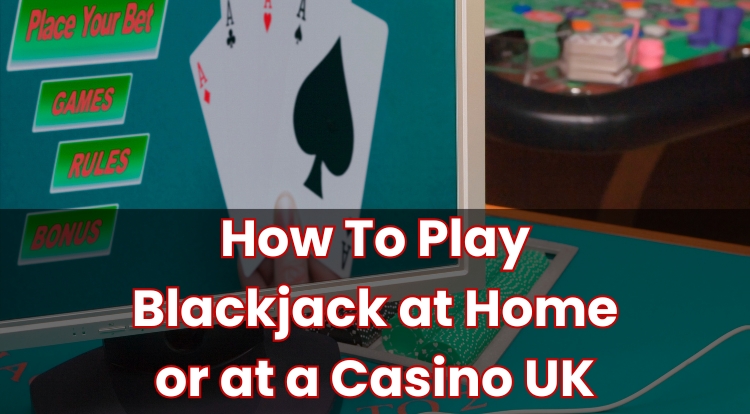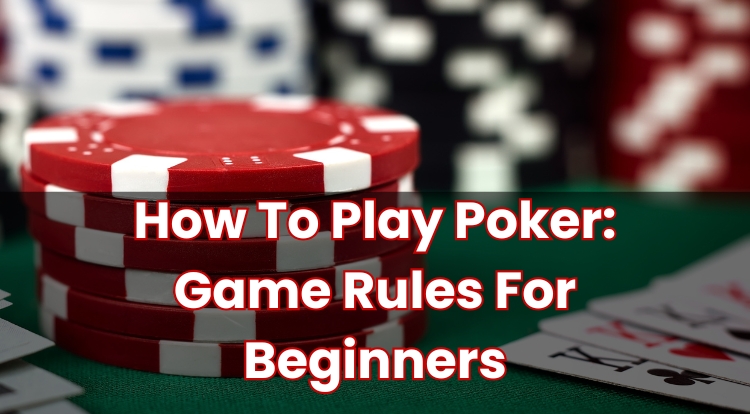Face Card Meaning & Blackjack Card Values
If you’re just starting out with blackjack, one of the first things to get familiar with is how the cards work—including the face cards—and how they affect the game. Understanding how face cards fit into the wider card values helps you make more informed decisions each time you’re dealt a hand.
In this blog post, we’ll look at the difference between face cards and number cards, explain how payouts work when face cards are involved, and walk through what it means if you’re dealt more than one face card.
Whether you’re learning the basics or just brushing up, this blog post is designed to help you feel more prepared at the table. Read on to learn more.
Face Cards Versus Number Cards
A standard deck of cards is made up of two main types: face cards and number cards. Face cards are the Jack, Queen, and King from each suit, and they’re easy to recognise because they feature a picture rather than a number.
Number cards, on the other hand, include all cards from two through to ten, with their value clearly displayed on the card. In blackjack, each number card is worth its face value—for example, a 7 counts as seven points.
Face cards are treated a little differently; regardless of whether it’s a Jack, Queen, or King, each counts as 10 points in the game. This distinction is key to understanding how your hand adds up if you choose to play.
Blackjack Payouts and Face Cards
If you choose to play, how much you win in blackjack depends on the hand you hold. A ‘blackjack’—which is an Ace combined with any face card or a ten—is a special hand and usually pays out at 3:2.
For other winning hands that simply beat the dealer by having a total closer to 21, the payout is typically even money, or 1:1, regardless of which cards make up your total. Face cards and tens often play an important role in forming these hands.
It’s worth noting that payout rates may vary between tables and casinos, so you might want to check the specific rules wherever you’re playing.
Handling Multiple Face Cards
If you’re dealt two face cards—like a Queen and a Jack—they count as 10 each, giving you a total of 20. That’s a strong starting hand in blackjack. But if you happen to receive three face cards, such as a King, Jack, and Queen, your total would be 30, which goes over 21 and results in a loss under standard rules.
If you’re ever unsure, it helps to add the card values one at a time to avoid any simple mistakes. Staying aware of your hand total is part of keeping your play in check and making decisions that stay within any limits you’ve set for yourself.
Online Blackjack – Playing with Face Cards
If you’re considering playing blackjack online, it’s important to know that face cards work exactly the same as they do in a physical game. Each one counts as 10, which makes it easy to keep track of your hand, especially since most online games will total the values for you automatically.
The visual design might vary slightly from one online casino to another, but the basic rules don’t change. As mentioned earlier, face cards can help you form strong hands like a total of 20, or even a blackjack when combined with an Ace.
Most platforms also display useful information during play, including how each card is valued and what actions are available to you. Taking a moment to read what’s shown on screen can help you make more informed decisions.
If you decide to play, it’s worth making use of built-in tools that let you set limits on your time and spending. These features are there to support a balanced and responsible approach and help you manage your play.
As always, it’s important to stick to what you’re comfortable with and view the game as a form of entertainment rather than a way to make money. Make sure you keep responsible gambling practices in mind and never wager more than you are willing to lose.
*All values (Bet Levels, Maximum Wins, etc.) mentioned in relation to this game are subject to change at any time. Game features mentioned may not be available in some jurisdictions.
**The information provided in this blog is intended for educational purposes and should not be construed as betting advice or a guarantee of success. Always gamble responsibly.





